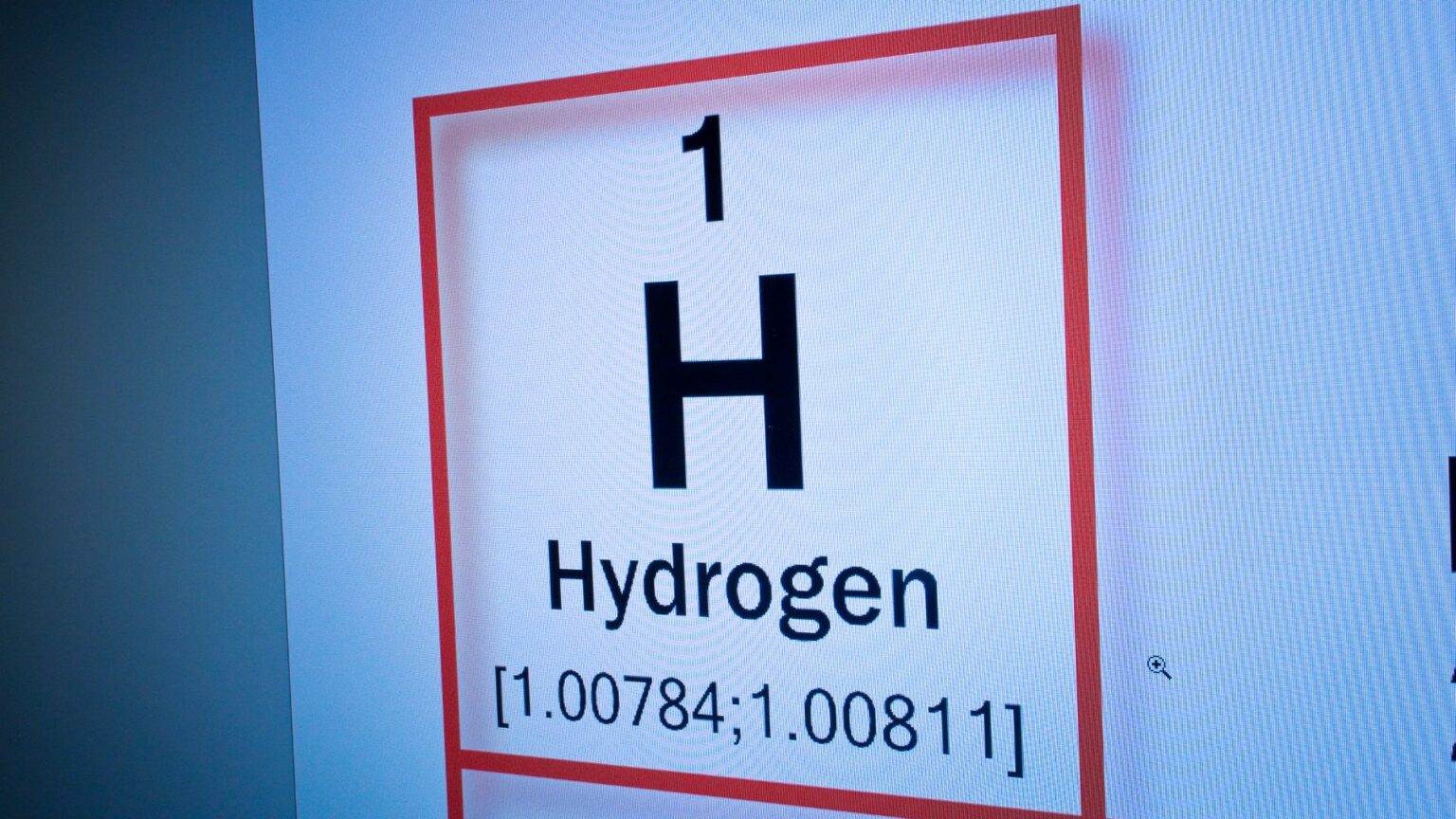Brazil and the United Kingdom have solidified a bilateral agreement to usher in a new era of clean and renewable energy. The Brazil-United Kingdom Hydrogen Hub, unveiled at COP28 in Dubai, stands as a testament to international collaboration for the development of hydrogen, emphasizing a coordinated and targeted approach.
The joint declaration, signed by Brazil’s Minister of Mines and Energy, Alexandre Silveira, and the UK’s Secretary of Energy Security and Zero Emissions, Claire Coutinho, sets the stage for Brazil to become a hub for technological development, research, and design innovation in low-carbon hydrogen. The agreement aims to catalyze investments in clean energy, fostering a sustainable and job-creating industry.
The Brazil-UK Hydrogen Hub will pave the way for the creation of innovation ecosystems, driving technological advancements in the realm of low-carbon hydrogen. The technical dialogue between Brazil and the UK will be backed by financial support, particularly for projects integral to the development and implementation of clean energy technologies.
Minister Silveira envisions Brazil as a major exporter of sustainability, emphasizing the importance of generating employment within the country. The initiative seeks to industrialize around the hydrogen agenda, attracting new investments to Brazil with a focus on sustainability and contractual security.
With Brazil set to host the G20, the Clean Energy and Innovation Mission Ministerial Meeting (CEM-MI), and COP30, the Brazil-UK Hydrogen Hub holds immense potential to influence global financial architecture for the energy transition sector. The collaboration aims to create a robust, responsive, and affordable framework for a sustainable energy transition.
The United Kingdom’s Claire Coutinho expressed pride in collaborating with Brazil and other nations on the shared mission to combat climate change. The agreement is expected to mobilize a support package to accelerate hydrogen transition plans in Brazil, setting the stage for Brazil’s COP presidency in 2030.
Review: The revised article maintains a cohesive narrative, emphasizing the collaborative efforts between Brazil and the UK in shaping the future of clean energy. The balance between technical details and broader impact is maintained, ensuring a comprehensive and engaging piece.





